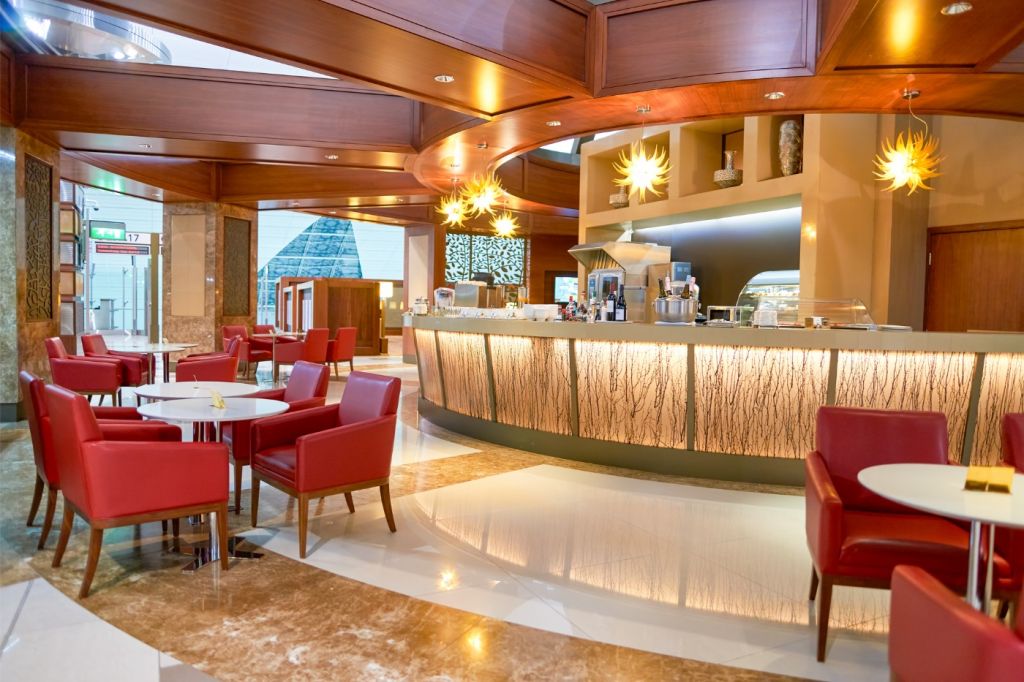When visiting Dubai, you'll encounter a dining scene that is both vibrant and diverse. This guide helps you understand UAE's gratuity culture and shows when and how much you can tip.
In Dubai restaurants, tipping is not obligatory as a service charge is often included in the bill. However, it is common to leave a tip of around 10-15% if the service was exceptional and no service charge was applied. Cash tips are preferred.

When you dine at a restaurant in Dubai, you're navigating a social custom that involves gratuity for service received. Here's what you need to know about tipping restaurant servers, the expected service quality, and the service charges included in your bill.
| Aspect of Dining | Suggested Tip | Additional Information |
|---|---|---|
| Restaurant Servers | 10-15% of the bill | In local currency (dirham) for good service |
| Service Quality | Discretionary | Reflects the level of service satisfaction |
| Service Charges | 10-20% included in bill | Check bill to avoid double-tipping |
In Dubai, it is standard practice to tip your restaurant servers. A tip of 10-15% is considered a typical gesture of appreciation. This tip is given in the local currency, the dirham. If you exceptional service, you may decide to tip above this range.
The amount you tip can reflect the service quality you experience. Exceptional attentiveness or friendliness might inspire a higher tip. Ultimately, your tipping decision should align with how satisfied you are with your dining experience.
Many Dubai restaurants include a service charge, which can range from 10-20%, directly on the bill. This charge is distributed among the staff, so an additional tip is not mandatory unless the service exceeded your expectations. Always check your bill for this charge to avoid double-tipping.
When you visit a restaurant in Dubai, you are participating in a cultural exchange where tipping is customary but not mandatory. It's important to consider the service quality and your own satisfaction when deciding whether to tip.
In the UAE, especially in Dubai's bustling hospitality scene, service staff often rely on tips as a significant part of their income. Although service charges are sometimes included in your bill, these do not always go directly to the staff.
Your generosity in tipping can be seen as a reflection of your appreciation of the service provided. Here's a simple guide:
Keep in mind that while credit card tips are convenient, cash tips are generally preferred as they go directly to the service staff. Whether dining at a luxurious venue or a casual eatery, showing appreciation through tips is a kind way to acknowledge good service.
Remember, tipping in Dubai's restaurants is up to you, and while it's welcomed, you should never feel pressured to tip beyond your comfort level.
In Dubai's dining landscape, there are certain situations where tipping is not necessary or expected. Understanding these scenarios can help you navigate the tipping culture with ease.
When Service Charge Is Included: Many restaurants in Dubai add a service charge to the bill. This charge is typically between 10% to 15% and is meant to cover gratuity. If you see this charge on your bill, additional tipping is optional. If the service quality was exceptional, you might still decide to leave a little extra.
During Official Engagements with Civil Servants: In Dubai, you don't tip civil servants. This includes government workers or any official administrative roles. It's uncommon and unnecessary as their positions don't traditionally rely on tips.
Tipping Habits in Context: Dubai's tipping practices are less stringent than those in the US but more liberal than many European countries, where tipping can be less common due to higher minimum wages. Unlike Japan, where tipping might be seen as rude, in Dubai, it's more about showing gratitude.
Exceptions for Smaller Establishments: At smaller, local eateries or cafes, tipping isn't as common. In these places, workers typically receive a fixed salary, and a tip, while appreciated, is not anticipated.
Remember, tipping in Dubai is seen more as a bonus for good service rather than a hard and fast rule. When in doubt, look to the locals for guidance on tipping habits and make a judgment based on the context and your personal experience.